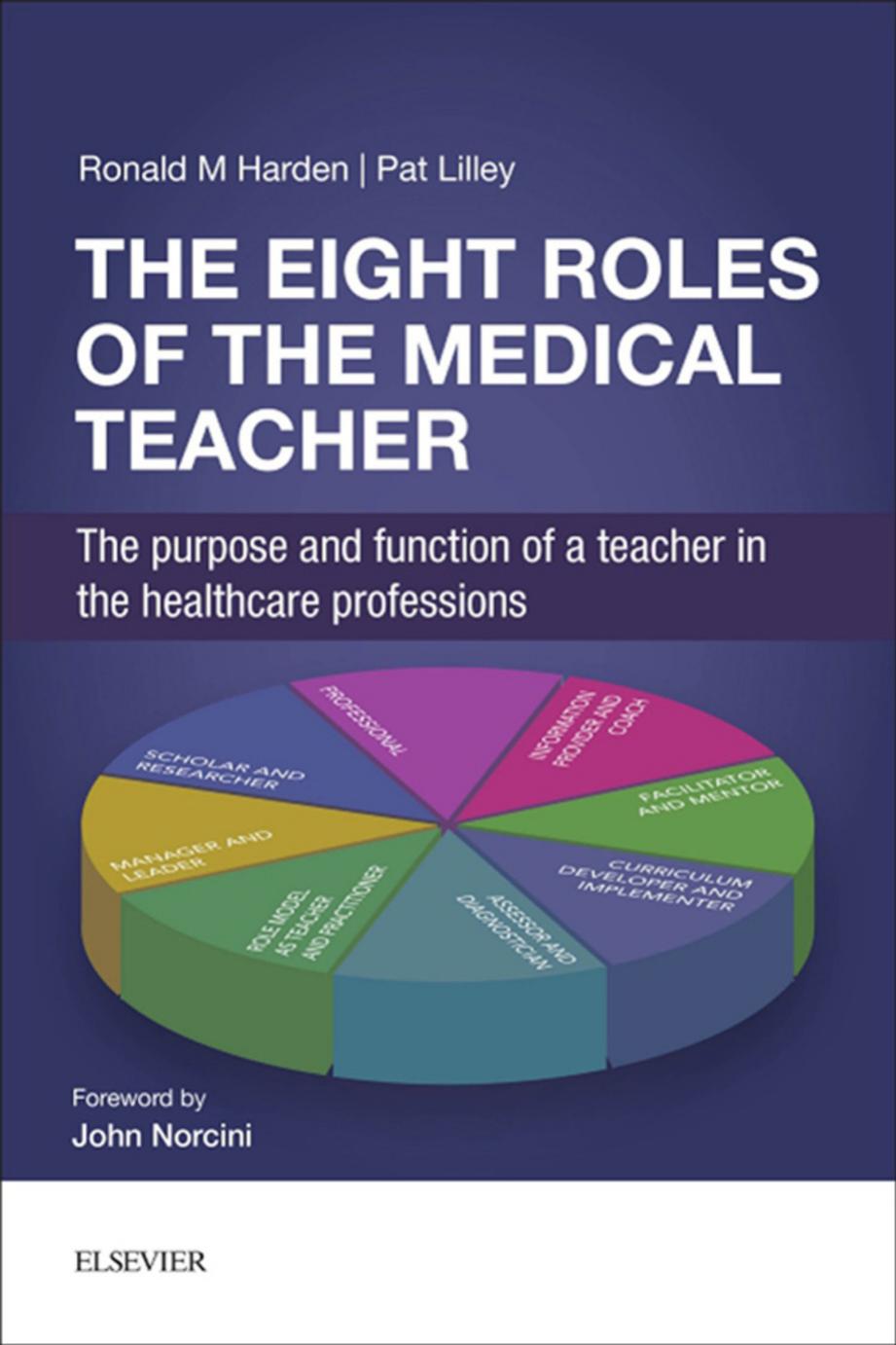

Most ebook files are in PDF format, so you can easily read them using various software such as Foxit Reader or directly on the Google Chrome browser.
Some ebook files are released by publishers in other formats such as .awz, .mobi, .epub, .fb2, etc. You may need to install specific software to read these formats on mobile/PC, such as Calibre.
Please read the tutorial at this link: https://ebookbell.com/faq
We offer FREE conversion to the popular formats you request; however, this may take some time. Therefore, right after payment, please email us, and we will try to provide the service as quickly as possible.
For some exceptional file formats or broken links (if any), please refrain from opening any disputes. Instead, email us first, and we will try to assist within a maximum of 6 hours.
EbookBell Team

0.0
0 reviewsthe reform of health professions education. However, individuals often assume these
responsibilities are based on their professional competence, without preparation for
the roles of the teacher and without the broad support of a community of practice.
Systematic faculty development, along with active participation in networks and
consortia, is central to addressing these challenges and this book provides a much
needed resource to support such efforts.
In Chapters 1 and 2, the authors offer an important and comprehensive framework
for the competencies of teachers built around the roles they are expected to fill. This
approach is consistent with the wider movement toward competency-based education,
and it serves as a basis for comprehensive programs of faculty development and
teacher assessment.
In the remaining chapters the authors populate this framework with practical information that will support teachers on their journey to excellence. Historically, the primary
role of the teacher has been to provide information to students. Chapters 3 and 4
address this traditional role while reflecting the fact that the focus of education has
shifted away from teaching and towards learning. These chapters underscore the
notion that the learner-centric teacher must be able to curate information, to act as
a coach, to facilitate and identify learning opportunities, and to mentor students on
the path to their learning goals.